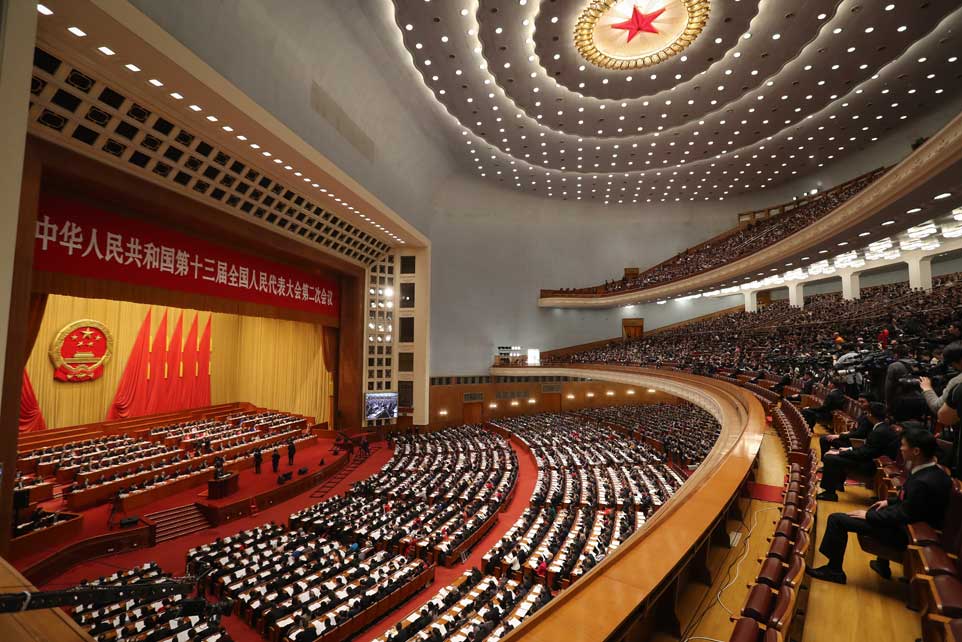(ATF) China has hit a 10-year high with a record number of bond issues. Indeed, the government is in a hurry because it wants to issue local and special government bonds for 2020 by October.
According to a notice from the Ministry of Finance (MOF), last month China issued local government bonds totalling 272.2 billion yuan. Of these, 176.4 billion yuan were general bonds, and 95.8 billion yuan were classed as special bonds. The ministry said 42.2 billion yuan of new bonds were issued, along with 230 billion yuan of refinancing bonds.
That means from January to July, some 3.758 trillion yuan (about $543 billion) worth of local government bonds were issued nationwide.
At a meeting during the 13th National People’s Congress, the country’s top delegates assessed and approved the national local government debt limit for 2020 – 28.807 trillion yuan (US$4.16 trillion). About half of this was classed as special debt – 14.518 trillion yuan.
Avoiding ‘zombies’ and ‘dinosaurs’
A lot of this was long-term debt. And China’s 10-year sovereign bond yield has risen to 3%. As of August 16, the average issuance rate for new local government special bonds was 3.38%, and the average issuance period was 15.5 years. Of these, the issuance of long-term bonds with maturities of 10 years and above was 2.26 trillion yuan, accounting for 88%, an increase of 54% from the previous year.
The MOF said that it would seek to control the issuance rhythm to ensure an orderly and stable issuance of special bonds, and strive to complete the issuance by the end of October.
It will try to optimise the investment direction of bond funds – to strictly manage the “negative list” to that these funds avoid “zombie” projects, underperforming state-owned enterprises known to be cash-eating “dinosaurs” and other problematic areas. The ministry urged local governments to make good use of special bonds, and strengthen the connection between funds and projects, and boost the efficient use of state funds.
Stock markets buoyant
In related news in stock markets, the Securities Times reported that the enthusiasm of investors in the capital market since the beginning of this year has encouraged brokerages to expand their scale.
In the year-to-date, the Shanghai Composite Index has risen about 11%, which it claims is “leading the world”.
Although securities firms have been expanding their scale of financing, overall risks appear to have been reduced.
In 2015, securities companies made the financing and securities lending business “hot” by allocating capital for investors. And this directly led to the bursting of the stock market bubble that year. But at present, the leverage ratio of brokers is only half that of five years ago.
Sun Jianbo, president of China Television Capital, told Securities Times that in the long run, the capital market will definitely rise and the market will definitely expand. Sun assured that there would be no bubbles below the 5,000 point level. And as long as the market rises, securities firms will be motivated to raise funds.
























